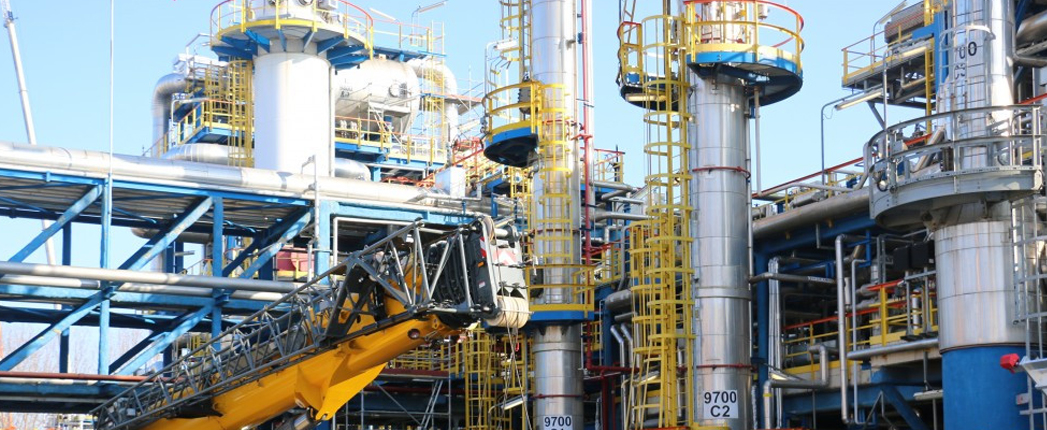
Poland’s Lotos Group recently awarded an engineering, procurement and construction contract for an upgrade and expansion of its base oil plant in Gdansk, Poland, and in doing so disclosed that the project will give the facility capacity to make 400,000 metric tons per year of API Group II base stocks.
The contract was awarded in September to Italian contractor Kinetics Technology. In a third quarter earnings report filed in late October, Lotos said construction is expected to finish and the plant to begin operating during the first half of 2025.
The new base oil plant will also produce tens of thousands of tons of fuel intermediaries, the company said.
“Once the base oil plant comes on stream, we will be well placed to successfully compete in the European market with imported base oils and fill this market niche,” said Jarosław Wróbel, vice president of the company’s management board and chief investment and innovation officer.
Lotos had previously stated that the project would include Group II and Group III base stocks, but neither the press release nor the earnings filing mentioned Group III. Still, officials said the project will allow the company to increase its output of higher-margin products.
Zofia Paryła, president of the management board, said, “Lotos Group has been present in the base oil market for many years, so we can say that the hydrocracked base oil project marks our return to the roots, as the best way to diversify our business portfolio toward new non-fuel products.”
According to the press release, the main components of the project will be installation of a hydrocracker along with catalytic dewaxing and hydro-treating processes. The catalytic dewaxing technology is being licensed from Chevron Lummus Global. The Kinetic Technology contract also covers installation of tanks for feedstock and base oils, interconnecting pipelines and a power supply station. The facility will use distillates feedstock coming from the refinery’s hydrodewaxing vacuum distillation unit.
The base oil plant at the Gdansk refinery currently has capacity to produce 268,000 t/y of Group I base oils manufactured through a solvent refining process. The company also offers a wide range of automotive, industrial and railway lubricants.
The new project will eliminate output of some byproducts but add bright stock to the grades of base oils being made at the plant.
“With the technology change, it will be possible to eliminate solvents, such as furfural and dimethoxyethane, which are harmful to the environment,” Lotos said, adding that the project “will enhance the company’s competitive position in the production and sale of base oils that will include bright stock grade.”
With this project, the company aims to increase production of high-quality industrial oils from the current 30% of its total lubricant output to a projected 50% to 60% by the end of the decade.
“One additional driver of increased consumption of high-quality industrial oils, including heavy base oils, will be the anticipated wave of big green energy projects,” the company said.